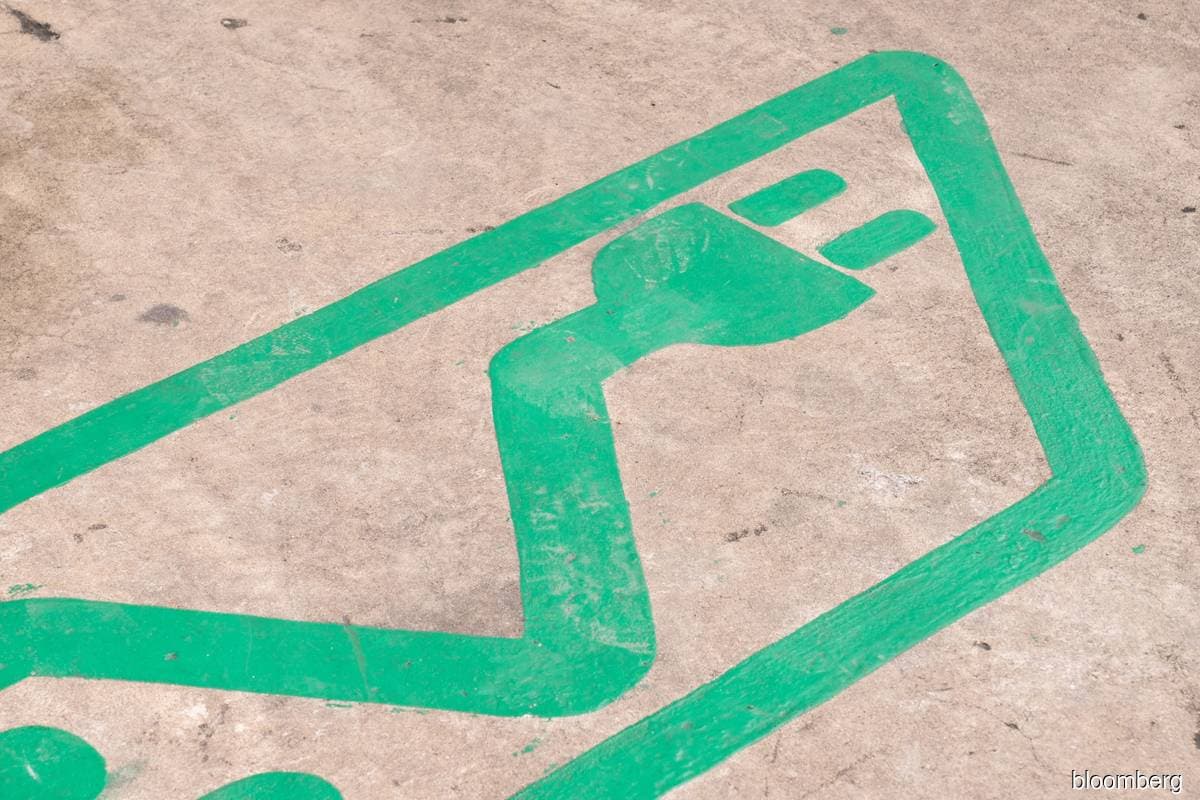
KUALA LUMPUR (June 15): The government should adopt a more comprehensive policy to encourage electric vehicle (EV) manufacturers to make Malaysia an automated hub, say automakers.
"I have to say that battery prices are high, and about 40% of the cost of EVs comes from the battery. Coupled with the impact of high raw material costs, I think we should take a longer-term view on this sector," Bermaz Auto Bhd group chief executive officer (CEO) and executive director Datuk Francis Lee Kok Chuan said at a virtual webinar of the "RAM Insight Series: The Malaysian Automotive Sector — Is the Worst Over and Where Do We Go From Here?" on Wednesday (June 15).
On Monday, Transport Minister Datuk Seri Dr Wee Ka Siong said new policies are needed to develop and improve the infrastructure required for the growth of the electric car sector.
To build an ecosystem for battery-powered vehicles, there is a need for reliable batteries and infrastructure to support EV charging in the Malaysian environment, said Low Seng Chee, the CEO of APM Automotive Holdings Bhd.
"If we do not have a battery, sustainable support and infrastructure, we will lose out to our neighbours like Thailand and Indonesia, and we are not going to be competitive in the long run.
"And I think if this infrastructure is not built properly, it's (the EV sector) only going to be a blip for the Malaysian environment,” he added.
Under Budget 2022, to support the development of a domestic EV industry, the government has proposed to provide full exemptions from import and excise duties and sales tax, as well as road tax (up to 100%) for EVs, said RAM Ratings analyst Ben Inn.
“Starting this year, the Malaysian government has introduced tax incentives to encourage the adoption of EVs among consumers and manufacturers. While we are slower than some of our ASEAN neighbours, we have at least started the ball rolling just as global EV sales are accelerating,” said Inn.
He said combined sales of battery electric vehicles and plug-in hybrid electric vehicles worldwide increased 120% in 2021, from 41% in 2020.
